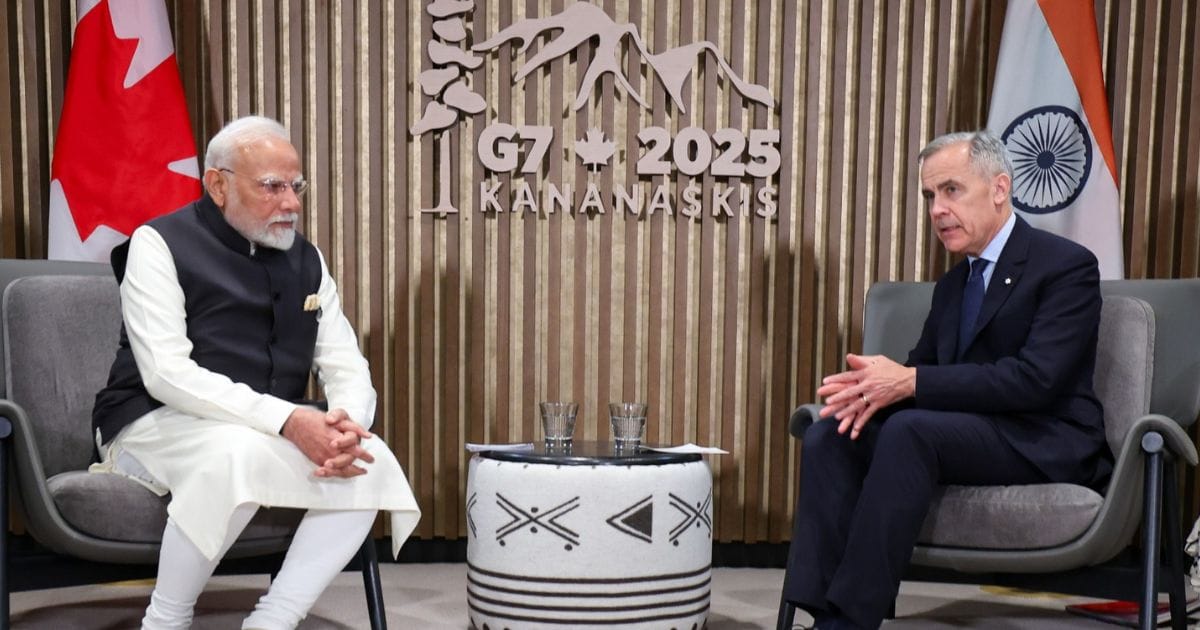Espionage and Crime in Global Power Struggles
Canada’s Security Intelligence Service (CSIS) identified India as a perpetrator of foreign interference in a report published just after the prime ministers of Canada and India pledged to restore high-level diplomatic ties at the G7 summit.

Summary
Canada’s Security Intelligence Service (CSIS) identified India as a perpetrator of foreign interference in a report published just after the prime ministers of Canada and India pledged to restore high-level diplomatic ties at the G7 summit. The report highlights that transnational repression is a key aspect of India’s activities in Canada, including targeting Sikh separatists and using proxies to influence Canadian communities and political figures. The assassination of Sikh separatist leader Hardeep Singh Nijjar in 2023, which former Prime Minister Justin Trudeau linked to the Indian government, has been a major point of tension between the countries. India has denied involvement in Nijjar’s killing and accused Canada of providing a safe haven for Sikh separatists.
The CSIS report also states that China remains the most significant counter-intelligence threat to Canada, while Russia, Iran, and Pakistan are also mentioned as concerns. The timing of the report is notable, as it was released shortly after both countries agreed to restore ambassadors and improve relations following a period of diplomatic strain. The Royal Canadian Mounted Police reported over a dozen threats against Sikhs advocating for a separate homeland, and requests for comment from the Indian High Commission and the Chinese embassy in Canada went unanswered.
Source: Reuters
Ethno-Geopolitical Perspective
- In what ways might Canada’s handling of Sikh separatist activism be perceived in India and other Global South nations—as support for free speech, or as interference in another country’s internal affairs?
- Could Western nations’ willingness to host political dissidents be seen as upholding human rights, or as selectively interfering in the domestic affairs of Global South countries?
- What impact does the timing of such intelligence reports—especially when coinciding with diplomatic efforts—have on trust and dialogue between Global South and Western nations?
